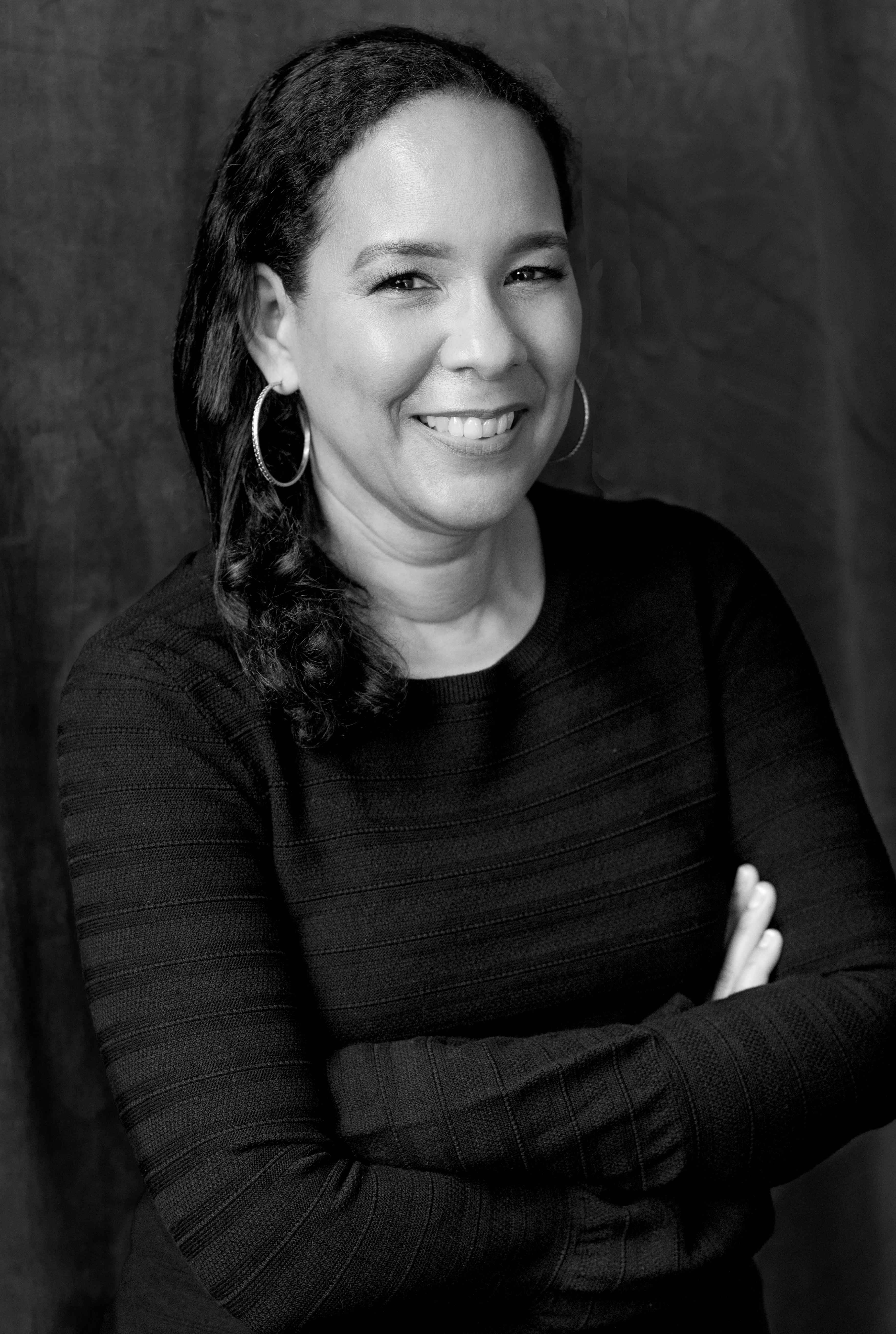
Rebecca Louise Carter is an associate professor of anthropology at Brown University. Carter received her Ph.D. in anthropology from the University of Michigan in 2010 and has a B.A. from Northwestern University in psychology and art theory and practice. Prior to joining the faculty at Brown, Carter completed a two-year postdoctoral fellowship (ACLS New Faculty Fellow, 2011-2013), and was a lecturer in the department of Anthropology and Sociology at Middle Tennessee State University (2009-2011).
| Rebecca Louise Carter. Prayers for the People: Homicide and Humanity in the Crescent City. University of Chicago Press, 2019. |
| Carter, Rebecca Louise. "Life-in-Death: Raising Dead Sons in New Orleans." Ethnos, vol. 83, no. 4, 2017, pp. 683-705. |
| Carter, Rebecca Louise. "Roll With It: Brass Bands in the Streets of New Orleans. By Matt Sakakeeny. Durham and London: Duke University Press, 2013." North American Dialogue, vol. 17, no. 2, 2014, pp. 78-81. |
| CARTER, REBECCA LOUISE. "Valued Lives in Violent Places: Black Urban Placemaking at a Civil Rights Memorial in New Orleans." City & Society, vol. 26, no. 2, 2014, pp. 239-261. |
Carter's first book, Prayers for the People: Homicide and Humanity in the Crescent City (Chicago 2019) is a historical and ethnographic study of the reimagining of self, city, and society in New Orleans, the “Crescent City.” Set within an African American religious community in the years just after Hurricane Katrina, Carter examines how residents mourn and memorialize the dead, primarily the young black men who are most frequently the victims of homicide. Identifying a centuries-old system of erasure, particularly well illuminated in the wake of the storm, the book makes clear the doubly constituted nature of violence in poor black neighborhoods—with social death and physical death as concurrent realities. Yet Carter directs readers to the frameworks and practices of liberation that constitute the crescent or emergent city, focusing in particular on theologies of sacred humanity formed in and through the Black Church. Inspired by ministers who preach a current and critical vision of a beloved community and guided by grieving mothers who hold birthday parties for the deceased to assert the value and continued relatedness of lost loved ones, Prayers for the People traces the emergence of an old and new African American religious ideal. The book identifies a “restorative kinship” by which the faithful work against the denial of black personhood—as well as the violent severing of familial and social bonds—to recover and sustain their families and communities. Centering black women as the vital mediators of this work, Carter positions social and moral awakening alongside the necessary development of a connective politics, with the Black Church as a significant site of urban congregation and transformation.
Carter's current research, with two projects in development, explores a subtle but significant shift in orientation and method along the seam of black death and aliveness. The first project, Going Through the Motions: Animations of Black Being in the Breaks, is a short-form digital publication and "remix" of Carter's previous research in New Orleans. The book features essays, music, and drawn/animated portraits, which explore how black residents in the Crescent City grapple with conditions of precarity but also find ways to conceptualize, create, and embody black aliveness as an orientation, aesthetic, and mode of being. The second project, Ella and the Honey Path Walkers, is a historical and auto-ethnographic study of Carter's maternal ancestors, set in the Piedmont Region of South Carolina (Honea Path). Developed through archival research, oral history, portraiture, and creative nonfiction writing, the project foregrounds black aliveness within the broader context of emancipation, forced migration, and social, rural/urban, and economic upheaval.
| Year | Degree | Institution |
|---|---|---|
| 2010 | PhD | University of Michigan |
| 2006 | MA | University of Michigan |
| 1988 | BA | Northwestern University |
2020 Anthony Leeds Prize in Urban Anthropology for Prayers for the People: Homicide and Humanity in the Crescent City (University of Chicago Press, 2019)
2020 Edie Turner First Book Prize in Ethnographic Writing (co-winner) for Prayers for the People: Homicide and Humanity in the Crescent City (University of Chicago Press, 2019)
2016 Dean's Award for Excellence in Teaching in the Humanities/Social Sciences, Brown University
2016-2017 Fellow, Radcliffe Institute for Advanced Study, Harvard University
2015 Richard B. Salomon Faculty Research Award, Brown University
| ANTH 0077A - Visual Anthropology |
| ANTH 0820 - Youth, Art, and the Promised City: Recreating The Green Book |
| ANTH 1236 - Urban Life: Anthropology in and of the City |
| ANTH 1255 - Anthropology of Disasters |
| ANTH 1930 - Anthropology Thesis Workshop |
| ANTH 1940 - Ethnographic Research Methods |
| ANTH 1976 - Experimental Ethnography |
| ANTH 2020 - Methods of Anthropological Research |
| ANTH 2045 - Proposal Writing Workshop for Anthropological Fieldwork |
| ANTH 2401 - Experimental Ethnography |
| HMAN 1976E - Experimental Ethnography for the Masses |
| HMAN 2401S - Experimental Ethnography for the Masses |
| URBN 0230 - Urban Life in Providence: An Introduction |
| URBN 1870S - The City, the River, and the Sea: Social and Environmental Change at the Water's Edge |
| URBN 1932 - The Just City: Installment I, Comparative Perspectives on Juvenile Justice Reform |
| URBN 1934 - The Just City (Installment II): Crossroads and Congregations |
| URBN 1936 - The Just City (Installment III): Speculative and Animated Futures |
